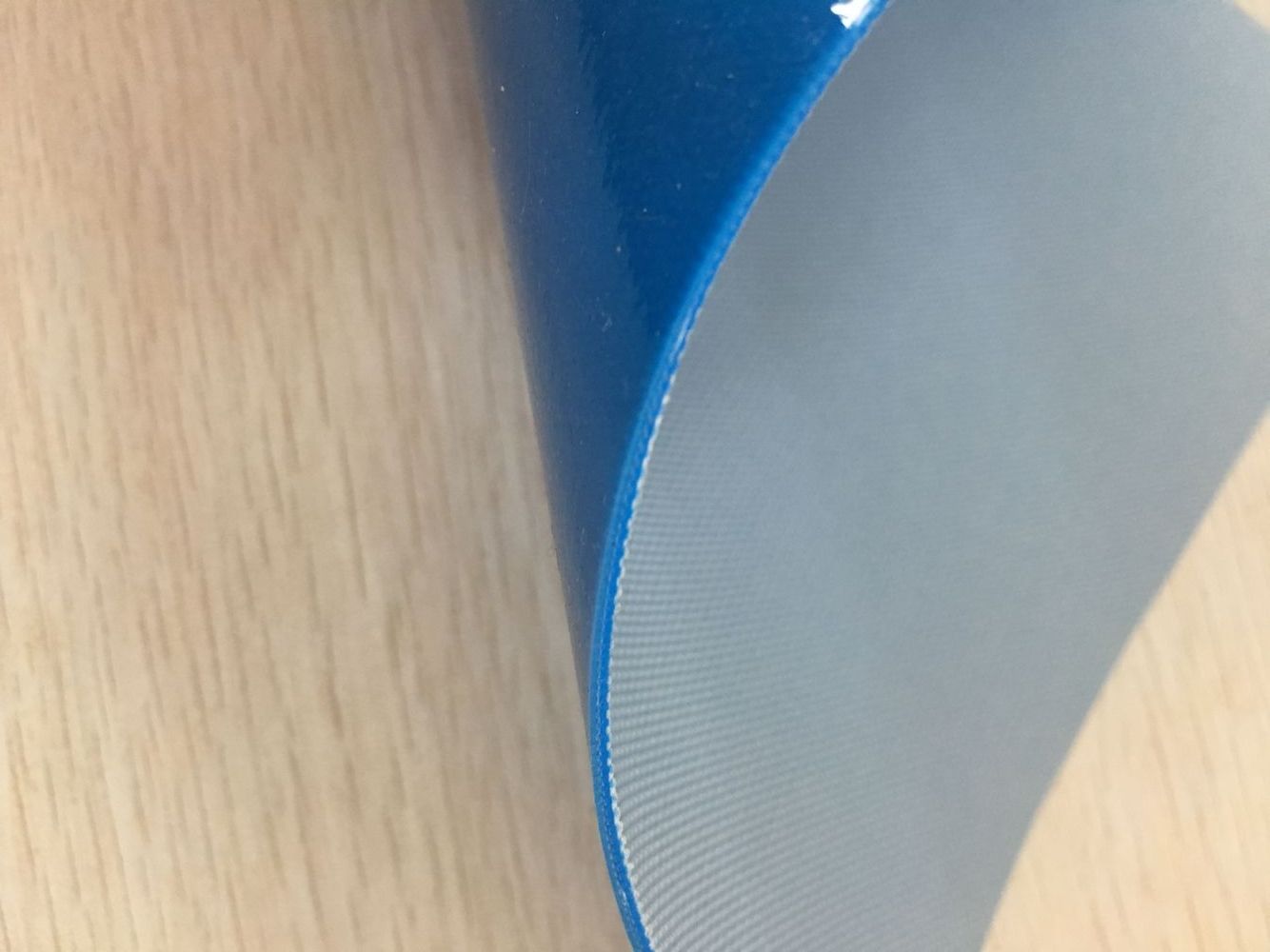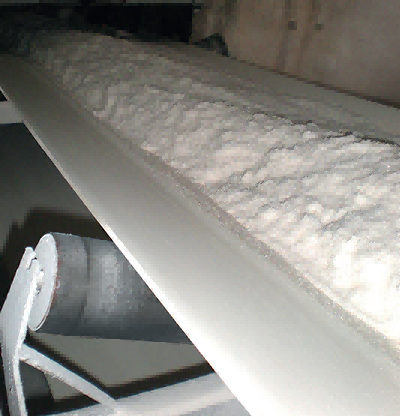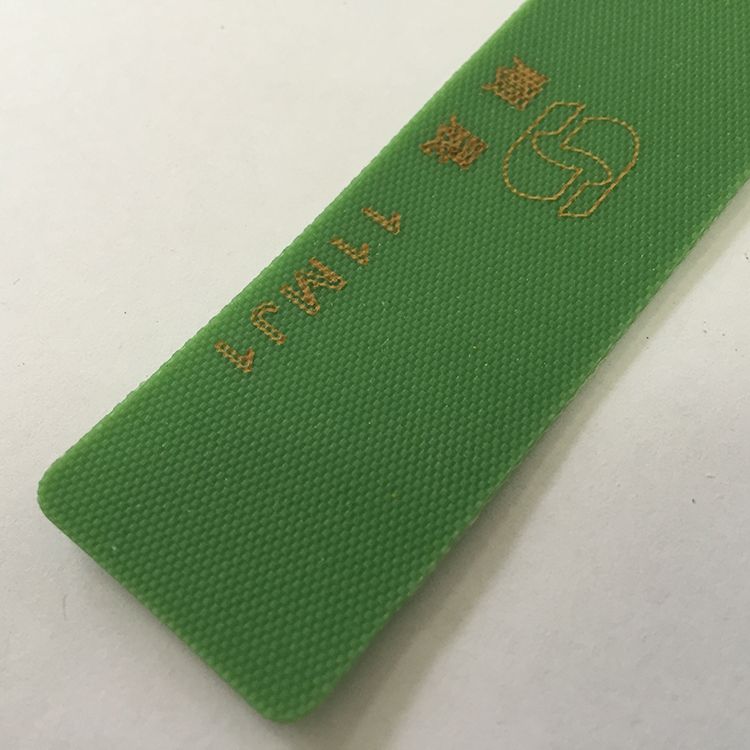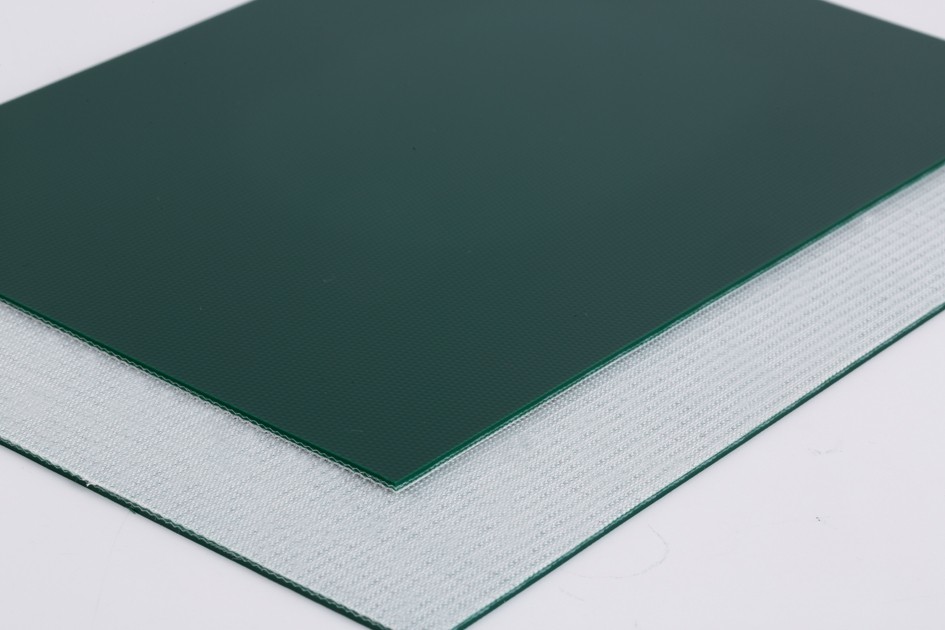Introduction
Conveyor belts are integral in various industries, streamlining processes by efficiently transporting materials from one point to another. Traditional conveyor belts have long been utilized, but the emergence of modular polypropylene conveyor belts represents a significant advancement in this technology. This article delves into the advantages offered by modular polypropylene conveyor belts compared to their traditional counterparts.

Overview of Traditional Conveyor Belts
Traditional conveyor belts have been the backbone of material handling systems for decades. Typically composed of materials like rubber, PVC, or metal, these belts serve various industries but come with limitations such as susceptibility to wear and limited customization options.
Introduction to Modular Polypropylene Conveyor Belts
Modular polypropylene conveyor belts revolutionize material handling systems. Comprised of individual modules interlocked to form a continuous belt, these belts are primarily made from polypropylene, offering a plethora of benefits that traditional belts lack.
Advantages of Modular Polypropylene Conveyor Belts
- Increased Durability and Longevity
Modular polypropylene conveyor belts are engineered to withstand rigorous industrial environments. Their construction using high-quality polypropylene materials makes them highly durable and resistant to wear and tear. These belts excel in applications involving abrasive materials, high temperatures, or corrosive substances, where traditional belts might falter. The inherent resilience of polypropylene enables these belts to maintain their structural integrity over prolonged periods, minimizing the need for frequent replacements and ensuring a longer operational life span.
Moreover, their resistance to chemicals and corrosion significantly enhances their longevity. This resistance allows the belts to endure exposure to various substances without degradation, ensuring consistent performance even in harsh operating conditions. This durability not only reduces maintenance costs but also enhances overall system reliability.
- Ease of Maintenance and Cleaning
Maintenance and cleanliness are critical factors influencing conveyor belt performance. Traditional conveyor belts often require extensive cleaning procedures involving disassembly, which can be time-consuming and labor-intensive. In contrast, modular polypropylene conveyor belts are designed with ease of maintenance in mind.
The modular nature of these belts facilitates straightforward cleaning processes. Individual modules can be easily removed, cleaned, and reinstalled without the need for extensive disassembly of the entire belt system. This streamlined maintenance approach significantly reduces downtime, allowing for more efficient operations and minimizing disruptions in production schedules. Furthermore, the smooth surface of polypropylene belts prevents material buildup and reduces the risk of contamination, ensuring hygienic handling in industries such as food and pharmaceuticals.
- Flexibility and Customization
One of the most striking advantages of modular polypropylene conveyor belts lies in their flexibility and customization capabilities. These belts are constructed using individual modules that interlock to form a continuous conveying surface. The modular design allows for easy customization to accommodate specific requirements of different industries and applications.
Manufacturers offer a wide range of module shapes, sizes, and surface textures, allowing for tailored solutions based on unique operational needs. Whether it involves inclines, declines, curves, or specialized conveying surfaces, the modular design of polypropylene belts enables easy adaptation to diverse production environments. This flexibility makes them suitable for industries ranging from automotive manufacturing to logistics and beyond, where precise and tailored conveying solutions are necessary.
- Cost-Effectiveness and Efficiency
While the initial investment in modular polypropylene conveyor belts may appear higher than traditional options, their long-term cost-effectiveness becomes evident. The enhanced durability and reduced maintenance requirements translate into lower total cost of ownership over the lifespan of the belts.
The minimized downtime for maintenance and cleaning operations contributes to increased operational efficiency. This translates to improved productivity and throughput, optimizing overall manufacturing processes. Additionally, the versatility and adaptability of these belts often result in improved workflow layouts and more efficient material handling systems, further contributing to cost savings and operational efficiencies.
- Environmental Benefits
Modular polypropylene conveyor belts align with sustainable practices and environmental stewardship. Polypropylene is a recyclable material, and the modular design of these belts allows for easier disassembly and recycling at the end of their lifespan. By promoting recyclability and reducing waste, these belts contribute to a more sustainable approach in material handling applications. Furthermore, the manufacturing process of polypropylene belts often involves eco-friendly practices, minimizing the environmental impact compared to traditional conveyor belt materials.

Case Studies or Examples
- Automotive Manufacturing Industry
In the automotive manufacturing sector, efficiency and precision are paramount. A case study involving a leading automotive assembly plant showcases the effectiveness of modular polypropylene conveyor belts. The plant upgraded its assembly line with these belts, replacing traditional options. The modular design allowed the incorporation of customized curves and inclines, optimizing the flow of parts during the assembly process. The enhanced durability of polypropylene belts reduced downtime for maintenance, resulting in a significant increase in production output by 20%, while also decreasing overall operating costs by 15% annually.
- Food Processing and Packaging
Food processing and packaging facilities require conveyor belts that meet stringent hygiene standards. A well-known food processing company switched to modular polypropylene conveyor belts in their production lines. The smooth, non-porous surface of these belts prevented bacterial accumulation and facilitated easier cleaning procedures. As a result, the company observed a 30% reduction in cleaning time and a substantial decrease in product contamination incidents. The durability of polypropylene belts also led to a 25% decrease in belt replacement frequency, contributing to substantial cost savings.

- Logistics and Distribution Centers
Efficient material handling is crucial in logistics and distribution centers. A global logistics company implemented modular polypropylene conveyor belts in its distribution hub. The versatility of these belts allowed for seamless integration into the existing conveyor systems, enabling smooth transitions between various handling processes, including sorting, merging, and diverting packages. The customizable features of polypropylene belts facilitated a 25% increase in throughput capacity and reduced sorting errors by 15%, optimizing the overall distribution operations.
- Pharmaceutical Manufacturing
Pharmaceutical manufacturers require conveyor systems that ensure product integrity and adherence to strict regulatory standards. A pharmaceutical company adopted modular polypropylene conveyor belts in its production lines to enhance operational efficiency and maintain strict cleanliness protocols. The customizable nature of these belts allowed the integration of specialized features for precise handling of delicate products. The ease of cleaning and resistance to chemicals ensured compliance with stringent hygiene standards. As a result, the company achieved a 40% reduction in downtime for cleaning procedures and reported improved product quality with fewer defects.
- E-commerce and Fulfillment Centers
In the rapidly growing e-commerce industry, rapid and accurate order fulfillment is critical. An e-commerce giant incorporated modular polypropylene conveyor belts in its fulfillment centers to streamline the handling of packages. The flexibility of these belts facilitated the creation of customized conveyor layouts, reducing bottlenecks and optimizing the flow of goods. The enhanced durability and reduced maintenance requirements led to a 20% increase in processing speed and a 30% decrease in maintenance-related downtime, enabling faster order fulfillment while minimizing operational disruptions.
Conclusion
Modular polypropylene conveyor belts emerge as a superior alternative to traditional conveyor belts due to their durability, ease of maintenance, customization, cost-effectiveness, and environmental friendliness. Their versatility and efficiency position them as the conveyor belt technology of the future.





